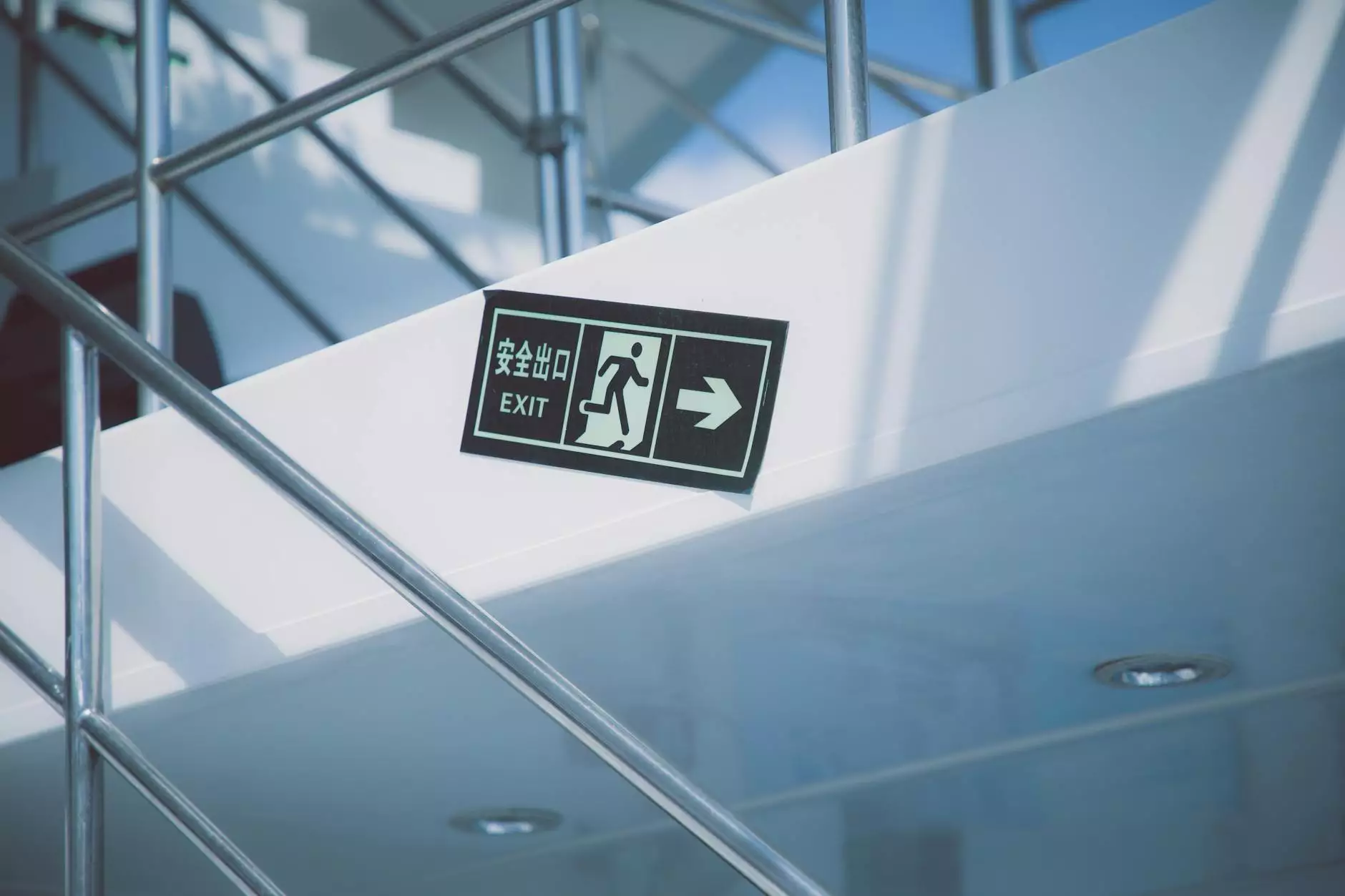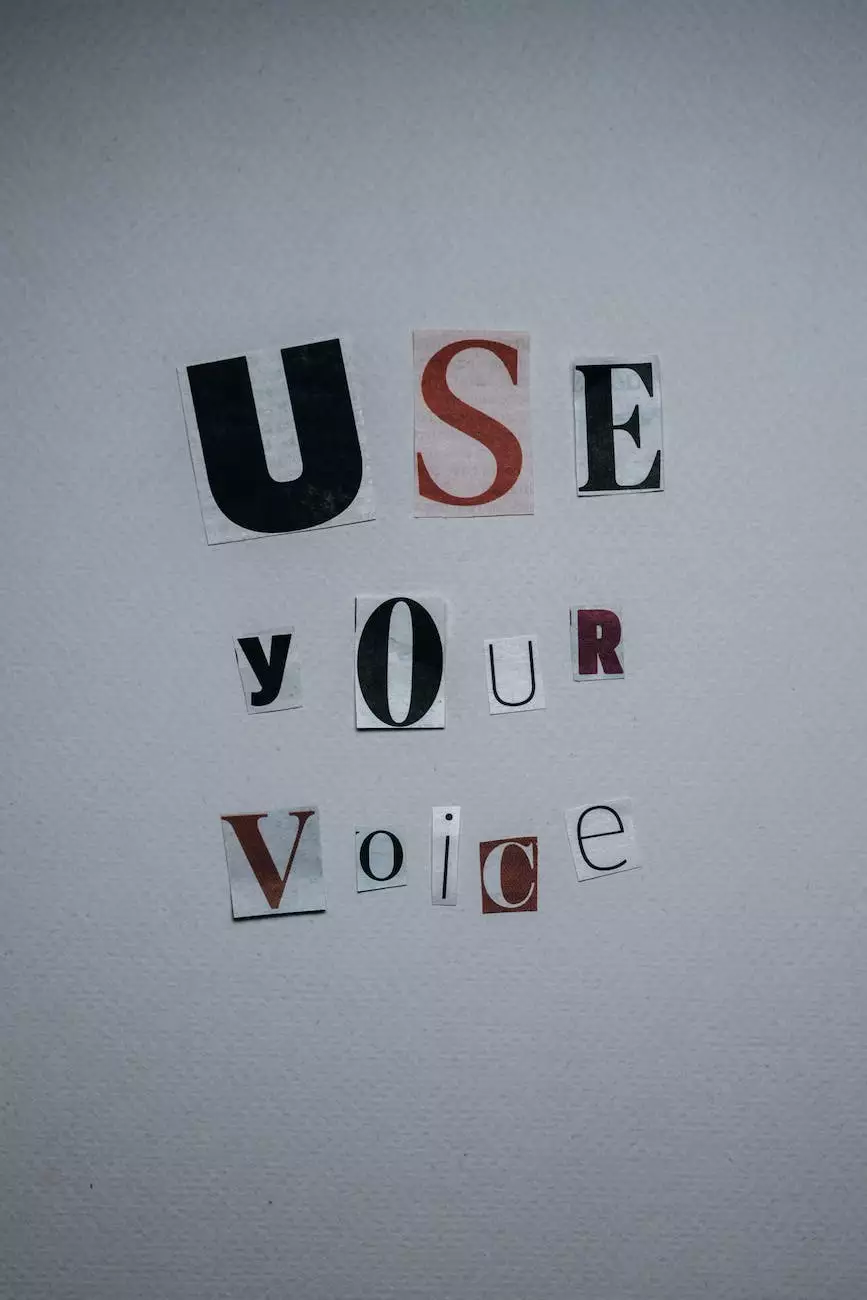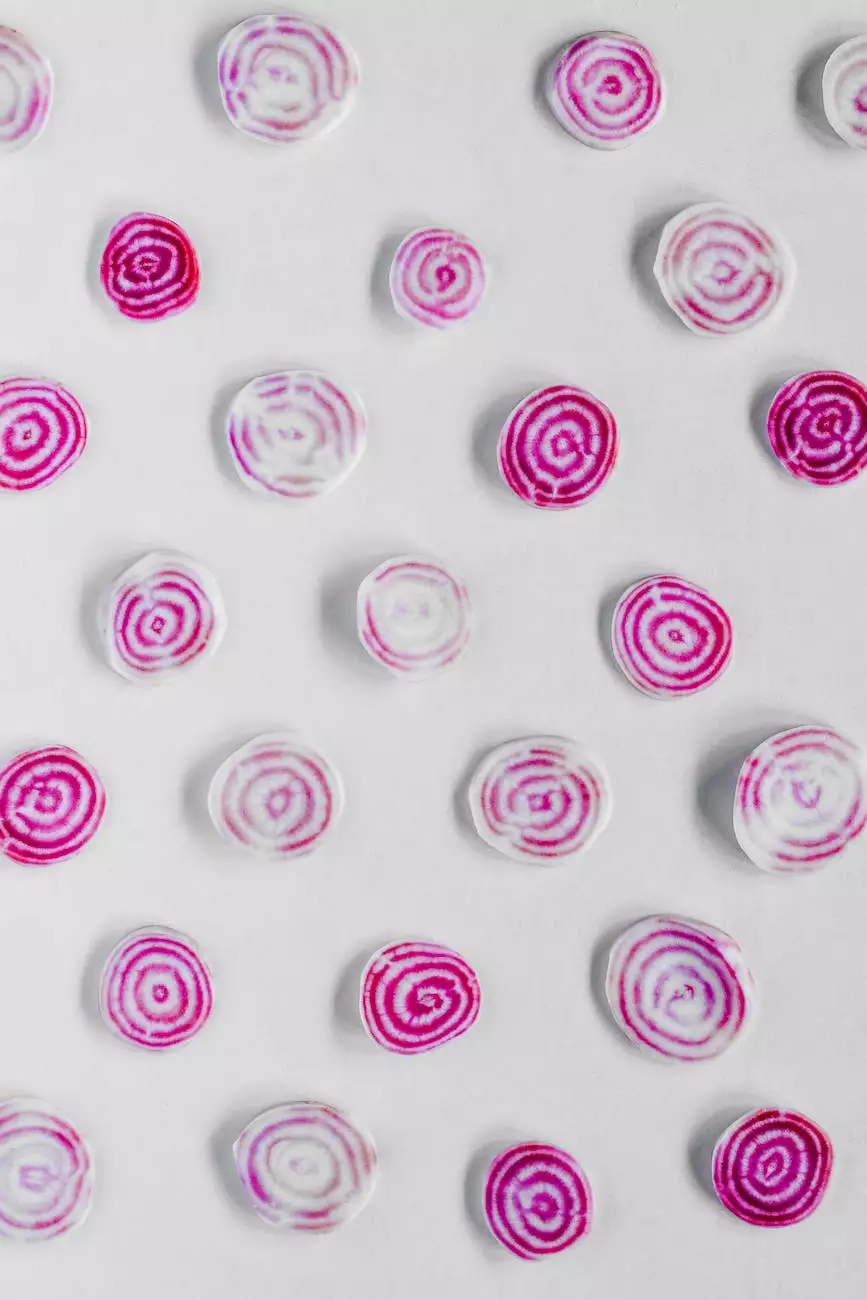433 - Can, Could, & Be Able To - English Grammar & Usage
English Grammar Lessons
Welcome to NJCLT, your comprehensive resource for learning English grammar and usage. In this guide, we will explore the proper usage of "can," "could," and "be able to." By understanding the nuances of these expressions, you will gain confidence and fluency in your English communication.
The Power of "Can"
"Can" is a modal verb that expresses ability, possibility, and permission. When used correctly, it can greatly enhance your language skills. Let's delve deeper into its different applications:
1. Ability
The word "can" denotes the capability or skill to do something. It is commonly used to express someone's proficiency in a particular task or activity. For example:
- I can play the piano.
- She can speak five languages fluently.
- They can solve complex mathematical problems effortlessly.
By using "can" in these sentences, we convey the person's expertise and aptitude in their respective areas.
2. Possibility
"Can" is also used to indicate the likelihood or possibility of something happening. It implies a potential outcome or scenario. Consider the following examples:
- The concert can be rescheduled due to bad weather.
- I can meet you for lunch tomorrow if my schedule allows.
- They can potentially win the competition with their talent.
Through the use of "can," we express the potential for certain events or situations to occur.
3. Permission
A common use of "can" is to seek or grant permission. It allows us to request or give consent for a particular action. Take a look at these examples:
- Can I borrow your pen, please?
- You can go to the party as long as you finish your homework first.
- We can use the conference room for our meeting.
By employing "can" in these sentences, we either seek permission or grant authorization, making our intentions clear.
The Potential of "Could"
"Could" is the past tense of "can" and shares similar meanings, but with additional nuances. Let's explore how "could" expands the possibilities:
1. Past Ability
"Could" is used to express past ability. It implies that someone had the capacity or skill to do something in the past. Consider these examples:
- When I was younger, I could run faster than anyone in my class.
- She could climb trees effortlessly when she was a child.
- They could solve intricate puzzles with ease in their younger days.
With "could," we denote someone's abilities or skills in the past, highlighting their past achievements.
2. Polite Requests
"Could" is often used to make polite requests or ask for permission in a more formal manner. It adds a level of politeness and courtesy to our language. Observe the following examples:
- Could you please pass me the salt?
- Could I have a moment of your time to discuss an important matter?
- Could we possibly reschedule our meeting to accommodate everyone's availability?
By incorporating "could" into our requests, we demonstrate politeness and respect for others.
3. Suggestion or Possibility
"Could" can also be used to suggest or express a possibility, similar to "can." However, it adds an element of uncertainty or hypothetical thinking. Explore the following examples:
- We could go for a walk in the park if the weather improves.
- He could potentially become a famous artist with his talent.
- The project could be completed sooner with additional resources.
"Could" in these sentences introduces potential scenarios or suggestions with an underlying sense of uncertainty.
Be Able To - Expanding Possibilities
"Be able to" is a phrase that expands on the concepts of "can" and "could." It encompasses a broader range of abilities and possibilities. Let's explore its various applications:
1. General Ability
"Be able to" is used to denote general abilities or capabilities. It encompasses both present and past contexts. Consider these examples:
- I am able to speak multiple languages fluently.
- She was able to find a solution to the problem.
- They will be able to finish the project on time.
By using "be able to," we express a wide range of abilities or skills in various time frames.
2. Achievement or Accomplishments
"Be able to" is also used to discuss achievements or accomplishments. It highlights successful outcomes and surpassing expectations. Explore these examples:
- He was able to win the championship after years of hard work and dedication.
- She was able to secure a prestigious scholarship for her academic achievements.
- They were able to exceed their sales targets for the year by implementing effective strategies.
Through the use of "be able to," we celebrate notable achievements and exceptional results.
3. Future Possibilities
"Be able to" can also convey future possibilities and potential outcomes. It implies the potential for success or accomplishment. Consider these examples:
- We will be able to expand our business internationally with careful planning and execution.
- She may be able to pursue her dream career with the right opportunities.
- They might be able to resolve their differences through open and honest communication.
"Be able to" in these sentences showcases the potential for achieving desired goals or outcomes in the future.
By understanding the proper usage of "can," "could," and "be able to," you can enhance your English language skills and effectively communicate in various contexts. Practice using these expressions in your conversations and written communication to further reinforce your understanding. For more comprehensive explanations, examples, and practice exercises, explore NJCLT's extensive resources on English grammar and usage.
Remember, mastering English grammar is a continuous journey, and NJCLT is here to support you every step of the way. Start your language-learning adventure today!










